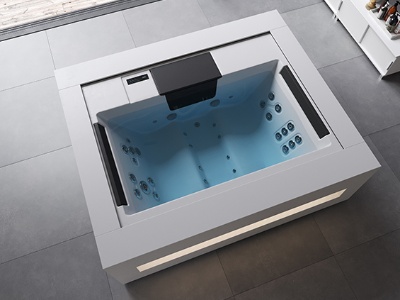
Having a pool is a pleasure, but it also comes with responsibilities. In France, legislation imposes strict standards to prevent accidents, particularly drowning. This article guides you through the legal obligations and best practices for securing your swimming pool.
Why is swimming pool safety crucial?
Every year, numerous drowning accidents occur in private swimming pools, mainly affecting young children. The installation of appropriate safety devices is essential to avoid these tragedies.Legal obligations for private swimming pools
Since the law of 3 January 2003, owners of private swimming pools must install at least one of the four approved safety devices:- Safety fence (standard NF P90-306): Must surround the pool and be impassable by a child under 5 years of age.
- Pool alarm (standard NF P90-307): Detects falls and gives an immediate warning.
- Safety cover (standard NF P90-308): Protects access to the water when the pool is not in use.
- Pool enclosure (standard NF P90-309): Completely closes the pool, preventing any unintentional access.
Best practices for optimal safety
Beyond the legal obligations, here are additional measures to adopt:- Constant supervision: An adult must always be present when children are playing near the pool.
- Education and prevention: Teach children the safety rules and introduce them to swimming from an early age.
- Secure storage of chemicals: Keep cleaning products out of the reach of children.
How to choose the right safety device?
Each safety system has its advantages:- Barriers: Ideal for long-lasting physical protection.
- Alarms: Easy to install and economical.
- Blankets: Offer dual protection (safety and cleanliness).
- Shelters: High-end solution guaranteeing maximum safety.




